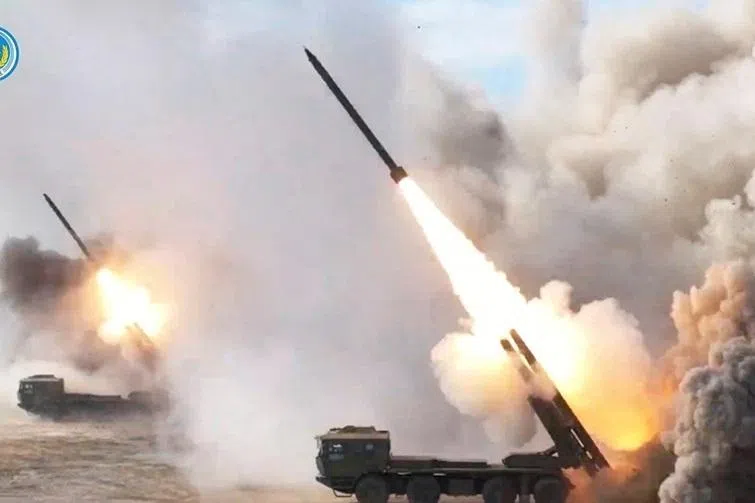China's economic transformation: Unbearably painful?
Academic Chen Gang notes that while China needs to reform its current economy to maintain growth, whatever adjustments that are made will have to be bearable for the people. Also, some measures may be painful, but necessary.
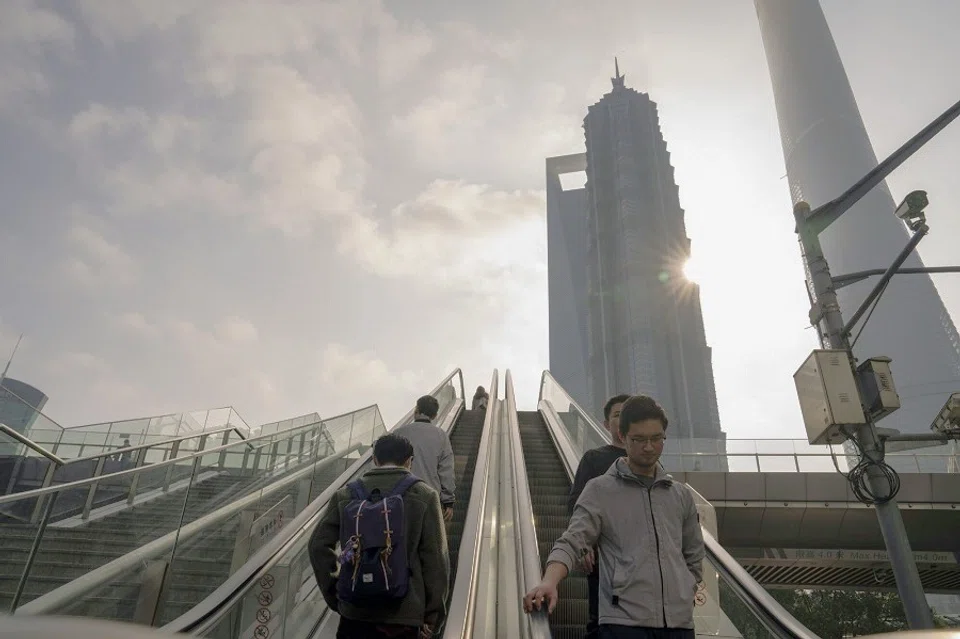
There is general global pessimism about China's economy at the moment, based on the fact that the world's second-largest economy did not recover as strongly as expected after the zero-Covid policy was lifted in early 2023; the property sector's debt crisis is ballooning; the country slid into deflation; and the stock market is in a slump. Although the country's economic growth slightly exceeded the official target of around 5% that the government had set early last year, many analysts think that it will be difficult to maintain this growth rate this year.
Looking around the world, China's competitors such as the US, India, Japan and Vietnam appear to have attracted large international capital inflows. China's rapid economic growth over the past 40 years largely took place without cyclical adjustments, and so the current economic challenges are unprecedented and have sparked concern. Whether China's economy can avoid a crisis and continue to be an engine of world growth will have a profound impact on the future development of the world.
All the low-hanging fruits have been picked, and risky market reforms must be rolled out to overcome the middle-income trap.
Different from before
According to China's official narrative, reform and opening up has always been a systemic driver of China's economic growth. On the other hand, international organisations such as the International Monetary Fund and the World Bank have emphasised that transforming China's growth model and making structural reforms are important for its sustainable growth.
In recent years, as China's economy bids farewell to rapid growth, reform and opening up has entered the "deep water zone", which refers to the fact that virtually all new adjustments could be painful and bring big shocks. All the low-hanging fruits have been picked, and risky market reforms must be rolled out to overcome the middle-income trap.
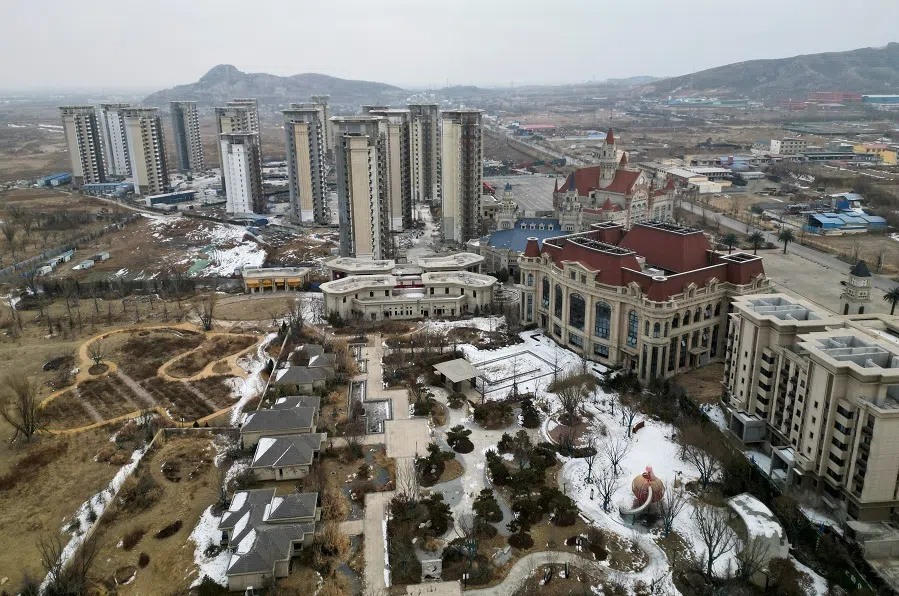
Taking the property sector as an example, China is now pushing through long-delayed adjustments. Over the past 30 years, China's economic growth, especially domestic demand, has been dependent on land sales and real estate development, with real estate and related industries such as renovation, furniture and home appliances being a major engine of the country's economic growth, accounting for about a quarter of the country's GDP.
However, soaring urban housing prices and the oversupply of housing have long been an overdraft on future growth and become one of the biggest financial bubbles in the world; bursting the bubble without triggering a financial crisis will test the wisdom of those in power. Even in the US, where the governance system is relatively sound, the subprime mortgage crisis also triggered the 2007-2008 global financial crisis.
Now, while the rising housing prices in China have been significantly curbed and the property market is no longer a growth engine for China, public anxiety has not been quelled but rather intensified. This is because the property market has suddenly cooled, with several property giants defaulting on their debt.
Once China's top property developer, Evergrande was issued a wind-up order by Hong Kong's High Court, while the prospect of Country Garden, another property developer of the same calibre, remains uncertain. With the ensuing chain reactions and financial shocks being unpredictable, the property sector has suddenly become a drag on the economy.
While economists generally think that China should switch to focusing on boosting domestic demand, amid the significant decline in the huge domestic demand supported by the real estate sector, if there are no new growth areas to fill the gap, domestic demand will shrink, which would in turn lead economic transformation to move in the opposite direction.
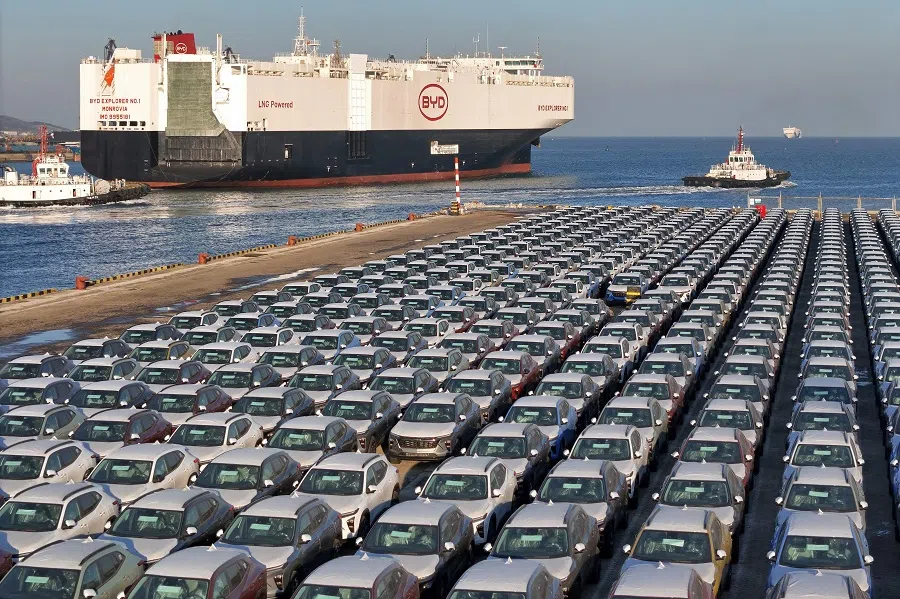
Currently, while the rise of electric vehicles and domestic tourism has boosted domestic demand to a certain extent, these industries are far from enough to make up for the gap in the real estate sector. At the same time, the significant contraction in land finance also poses a huge challenge to local government expenditures, which has seriously curbed the growth of local demand.
The key to China's economic transformation lies in the establishment of strong domestic demand and a fair and competitive market, both of which cannot be achieved overnight.
Can China's economy rise like a phoenix from the ashes?
China is experiencing the birth pangs of an economic transformation - there can be no new growth model without pain and cost. However, pain tolerance must be accurately grasped to prevent systemic risks. The overly depressed real estate sector and major turbulence in the financial market not only severely dampen the confidence of investors at home and abroad, but also discourage the public from producing and consuming, leading to declining domestic demand and economic stagnation.
The key to China's economic transformation lies in the establishment of strong domestic demand and a fair and competitive market, both of which cannot be achieved overnight. Unlike the shock therapy strategy of transformation in Eastern Europe, China's successful reform and opening up was based on the gradual approach of "crossing the river by feeling the stones".
In the same way, the current debt crisis must also be steadily and progressively resolved - problems in the financial and real estate sectors have been building up for quite a long time, and it will take a relatively long process to resolve them as well.
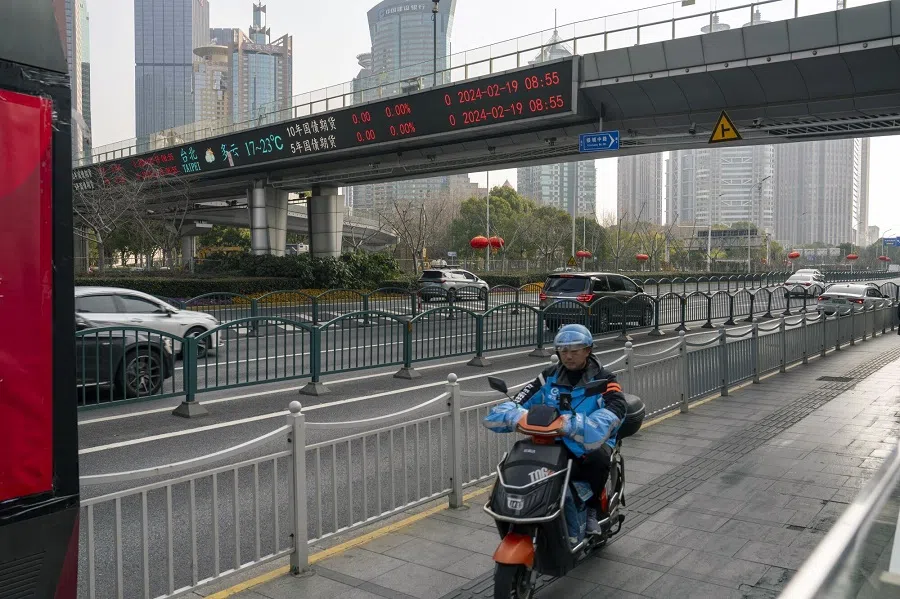
China's real estate sector and stock market should gradually reduce their reliance on administrative regulation; purely depending on policy support or suppression is not advisable. The country could consider learning from the experience of mature overseas markets to gradually refine property tax, corporate governance and the dividend system.
Promoting structural reforms while simultaneously taking into account risk management and the people's pain tolerance will be the key...
While property tax has long been discussed in China, it has yet to be implemented, which is a main reason why the property bubble later spun out of control. Amid market saturation in China's property sector, local governments can no longer rely on land sales to create revenue. At this point, they should consider restarting the property tax plan. But considering the people's tolerance level, property tax could start at a more affordable rate.
The birth pangs brought about by all the reforms in the deep water zone should be within the limits of what the people can take. With the international political and economic situation being so unstable at the moment, "grey rhino" threats such as the debt crisis, employment pressure, ageing population and low birth rate have collectively exploded. Promoting structural reforms while simultaneously taking into account risk management and the people's pain tolerance will be the key to helping the Chinese economy rise like a phoenix from the ashes.
This article was first published in Lianhe Zaobao as "中国经济转型:不可承受之痛?".



![[Big read] When the Arctic opens, what happens to Singapore?](https://cassette.sphdigital.com.sg/image/thinkchina/da65edebca34645c711c55e83e9877109b3c53847ebb1305573974651df1d13a)

